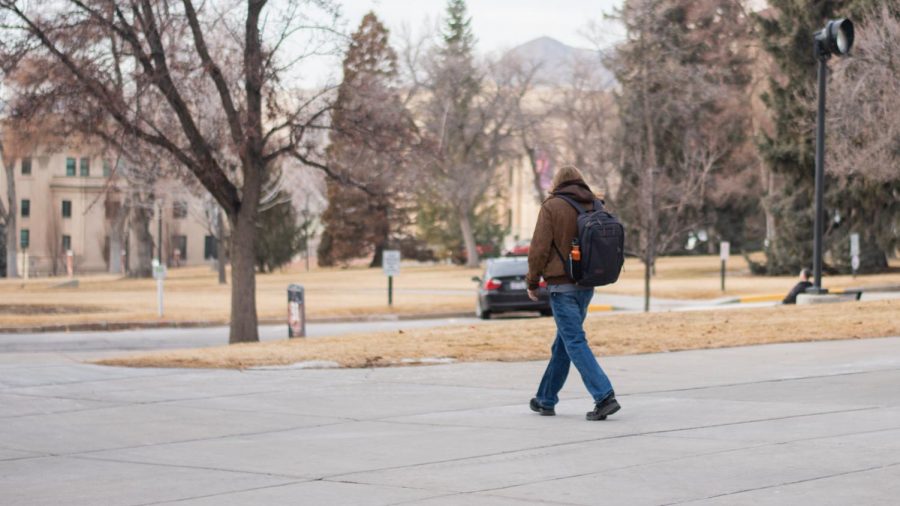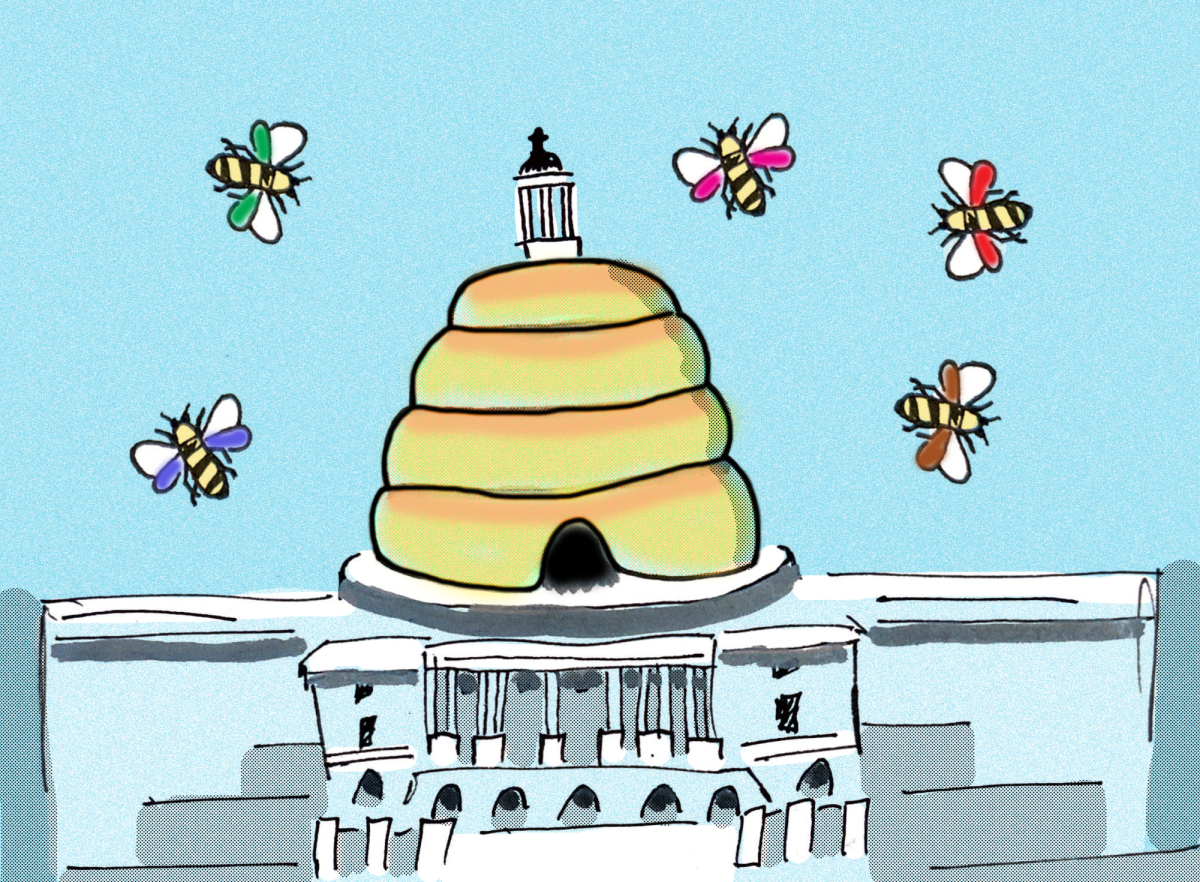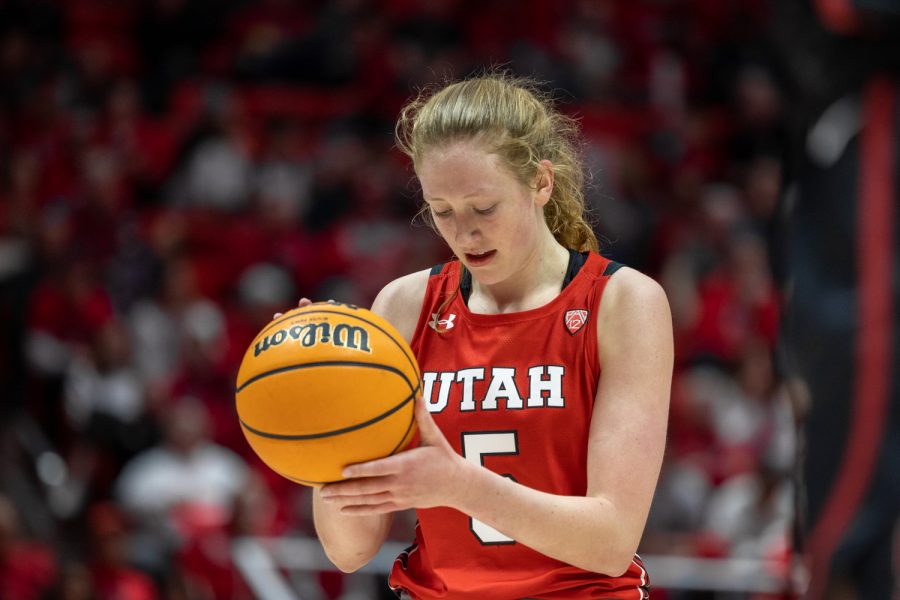Campus Resources Share How They Help Stalking Victims After an Increase in Reported Cases
A student walks around President’s Circle on campus on Feb. 2, 2021. (Photo by Jack Gambassi | The Daily Utah Chronicle)
February 13, 2021
With an increase in campus stalking cases reported in the annual safety report, the Center for Violence Prevention and Victim-Survivor Advocacy share how they help students who experience stalking and what individuals can do.
2019 saw an increase in stalking cases on Utah college campuses, with the University of Utah having the largest increase from 30 cases in 2018 to 62 in 2019. The data was released in December 2020 as part of the annual safety report.
“Increases of reports of any form of sexual and relationship violence, including stalking, indicate a need for more awareness & education, primary prevention, and resources for survivors,” said Ellie Goldberg, assistant director of advocacy and victim-survivor advocate.
Goldberg shared that Victim-Survivor Advocacy provides “individualized and dynamic support for victim-survivors” with a focus on emotional support and safety planning for stalking victims.
“Stalking is incredibly scary, traumatic, upsetting, and confusing for most survivors,” Goldberg said. “Because there are a lot of misconceptions about stalking and its impacts, survivors need to have a space to be heard, believed, and have their experience validated.”
Additionally, Goldberg said safety planning for victims is having an advocate help victims “create a practical and personalized plan to help them feel and be safer on campus and in the community” and addresses physical and psychological safety.
“Safety planning can include addressing avoidance of potentially dangerous situations, obtaining protective measures such as stalking injunctions or campus no-contact directives, and planning for reaction and where to get help if the stalking threatens their safety,” Goldberg said.
The Center for Student Wellness at the U defines stalking as “a pattern of behavior toward another individual that would cause a reasonable person significant emotional distress. It often includes unwanted contact – in person, over social media or email, through the mail, or via phone calls or texts.”
Chris Linder, director of the McCluskey Center for Violence Prevention, shared how the center works towards preventing relationship and sexual violence before it occurs.
“The vast majority of people, both on college campuses and beyond, can’t even comprehend what it means to intervene with a perpetrator or potential perpetrator… So we’re spending a lot of time right now just trying to help people think differently about the problem,” Linder said.
Part of the mission statement on their website looks to “bridge the gap between research and practice by bringing together the expertise of researchers, prevention educators, and students to execute a comprehensive research and practice agenda focused on the prevention of relationship and sexual violence.”
Goldberg shared that individual students can help reduce stalking cases by increasing awareness on the issue and challenging misconceptions surrounding stalking. Goldberg added that individuals should take stalking seriously, respond with compassion and connect with professional support.
“If you suspect you are being stalked, trust your gut. Don’t blame yourself, and get help. Believe and support friends or loved ones who share they are being stalked,” Goldberg said.
Linder said one way individuals can work to prevent stalking is to be mindful of other’s boundaries.
“When someone is indicating that they’re not interested, leave them alone,” Linder said.
Linder added it is also important to set “your own boundaries and [be] clear about what you’re comfortable with and not comfortable with.”












